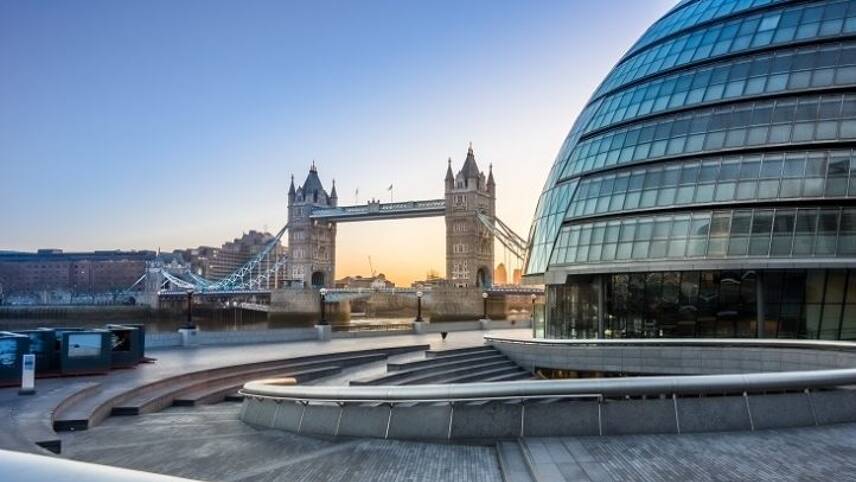Register for free and continue reading
Join our growing army of changemakers and get unlimited access to our premium content

Sadiq Khan has urged London’s drivers and business owners who drive in the Congestion Zone to check whether their vehicles comply with the new ULEZ rules ahead of its launch in April
The London Mayor has pledged to launch the world’s first Ultra Low Emission Zone (ULEZ), which will enforce a daily charge for the most polluting vehicles. Other plans include the rollout of rapid charging infrastructure to support electric vehicles (EVs) and the creation of Europe’s largest electric bus fleet.
These policies will benefit Londoners from some of the poorest backgrounds, according to a new report launched this week by consultancy Aethor.
As things stand, people living in the capital’s most deprived areas are, on average, exposed to around a quarter more NO2 pollution. But Aethor’s report should that the Mayor’s air quality measures would reduce the gap by 71% by 2030 – from 7.55 µg/m3 in 2013 to 2.23 µg/m3.
The Mayor said: “Improving London’s air quality is a social justice issue as well as a public health matter, given it is certain communities which are affected by filthy air the most. Today’s report shows that some of the poorest Londoners will benefit the most from the bold measures we are taking to tackle London’s filthy air.”
Cleaning the capital
The study predicts that no schools in the capital will be exposed to illegally high levels of air pollution by 2025, down from 371 in 2019. Meanwhile, areas of London where people from mixed or multiple ethnic groups are likely to benefit as a result of the Mayor’s measures, it suggests.
But the report finds that while good progress is being made to reduce NO2 levels, these improvements are lower for PM2.5. Current research suggests that all Londoners will still live in areas exceeding World Heath Organisation (WHO) guidelines in 2030, and City Hall claims that the Mayor lacks the regulatory powers needed to address this problem.
Commenting on the research, Katie King, Aether director said: “This builds on earlier analysis undertaken by Aether and shows that the link between deprivation and poor air quality can be substantially reduced through positive action.
“The very mixed social structure of London complicates this type of analysis but the overall pattern of both improvement and a reduction in inequality can be clearly seen. However, there is clearly more to do if the WHO Guideline Values for particulate matter are to be achieved across the capital.”
Earlier this week, Khan urged London’s drivers and business owners who drive in the Congestion Zone to check whether their vehicles comply with the new ULEZ rules ahead of its launch in April. The ULEZ will force vehicles meet new, tighter exhaust emission standards or pay a daily charge (£12.50 for cars, vans and motorcycles, £100 for buses, coaches and lorries) to travel within the zone.
In related news, a seperate report has this week found that particulate pollution on parts of the London Underground is up to 30 times higher than levels beside roads in the capital.
George Ogleby


Please login or Register to leave a comment.